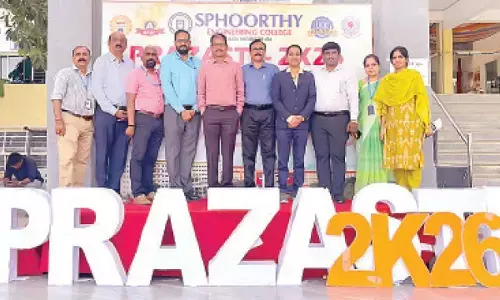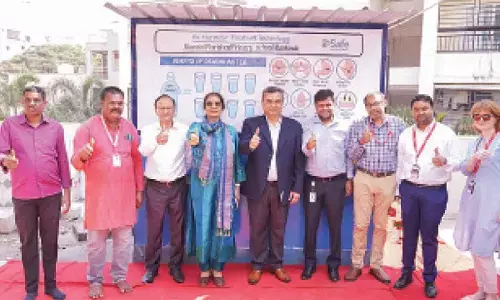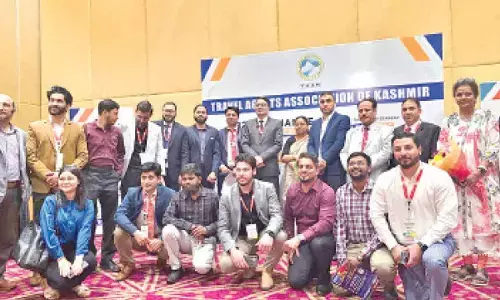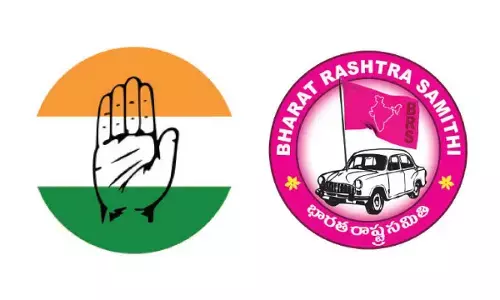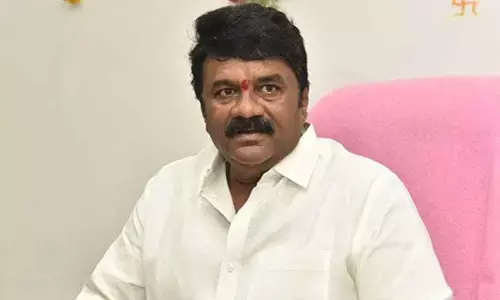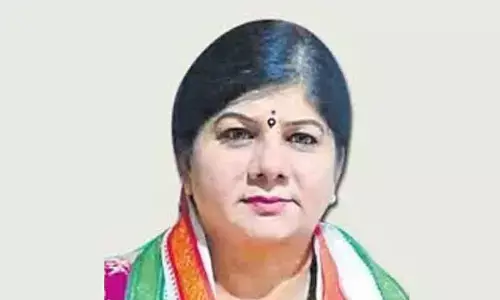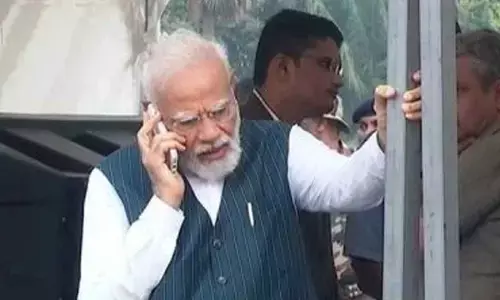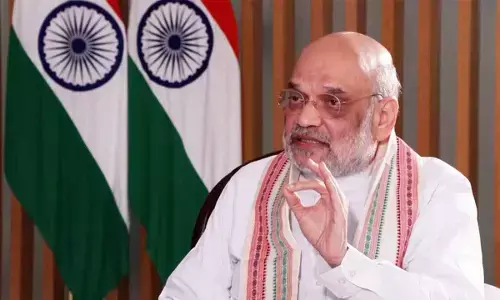Upcoming career opportunities in banks

For public sector banks the preliminary examination for clerical positions is conducted with questions in English language, numerical ability and reasoning ability and the main examination consists of general/ financial awareness, general English, reasoning ability and computer aptitude.
For public sector banks the preliminary examination for clerical positions is conducted with questions in English language, numerical ability and reasoning ability and the main examination consists of general/ financial awareness, general English, reasoning ability and computer aptitude. Number of questions in preliminary examination is 100 with a time of 1 hour. In main examination 190 questions are to be answered in 160 minutes.
For officers posts in public sector banks the preliminary examination has three sections of English language, quantitative aptitude and reasoning ability. The main examination is in reasoning and computer aptitude, general/ economy/ banking awareness, English language, data analysis and interpretation.
Tests may have similar name but structure and difficulty level of question may vary depending on the position for which the exam is conducted and whether it is a preliminary or main examination.
The tests are conducted online. So you will be answering the questions on a computer at the examination centre.
Only those who qualify in preliminary examination are intimated to appear in the main examination. The candidate has to secure minimum marks in each segment. The cumulative score has to be higher to stand in merit list. In case of officers, for successful candidates in main examination, there is an interview. For clerical positions there is no interview, as per government guidelines issued about two years ago.
Test details and strategy for preparation
Reasoning: Reasoning questions are mainly about common sense and logical thinking. The idea is to test candidates' analytical and logical reasoning skills. You will be asked to interpret statements, data and information to arrive at conclusions. Here your conceptual and theoretical knowledge have no role to play. The thinking has to concentrate on the question only. You should make sure that your biases or personal beliefs don't come in between and are kept aside.
Questions relating to reasoning are in different forms such as arrangements, critical reasoning, visual reasoning, data sufficiency/in sufficiency, syllogism, odd man out, completing the series, sequential output tracking, etc.
Numerical ability: How to make sense of numbers is the key theme in the questions pertaining to numerical ability. You may expect simple arithmetical problems and complicated calculations under this section. Areas of expected questions are simplification; average; percentage, time, speed and distance, number series; profit and loss, simple and compound interest; ratio and proportion, time and work etc.
To prepare for this section you have to revisit your maths syllabus of matric i.e. 10th standard. Recall the formulae and clarify your concepts of BODMAS etc. Strong foundation in mathematics will be of immense help here. With some efforts you can score very well in this section, increasing your overall score which is crucial to put you in merit list.
Quantitative aptitude: Quantitative aptitude covers numerical ability and focuses upon solving quantitative problems. Based on the given data/inputs you'll be required to find the correct answer. There may be a few questions for which sufficient data wouldn't be there to answer. Once you're sure about this, you should choose the option conveying this. The syllabus includes the topics narrated under numerical ability above. Add to these questions on topics like partnerships, boats anad streams, volume and surface area, price after discount, age, mixture, train etc. Expect more of descriptive problems here.
Try to familiarize yourself with all sorts of questions expected in this section and learn to solve these methodically. You may have good understanding of theories behind the questions but more important is to apply those theories in solving lot of questions so that you get a knack of these.
General awareness: This section intends to test your knowledge about important facts and milestones about India and the world. Questions may relate to History (important dates/ milestones etc.), Geography (countries, capitals, cities, mountains, rivers etc.), Science (inventions, inventors, definitions etc.), Literature (books/authors), Art, Entertainment (film/theatre etc.), Sports (tournaments, championships, records, winners, venues etc.), important personalities, important events, international bodies, acronyms and other topics.
Like it is always said general awareness has no boundaries and thus it appears to be difficult to be fully prepared for this. Still it is advisable to make your preparation as extensive as possible. To do well in this section you may build your own reference source in form of a diary.



